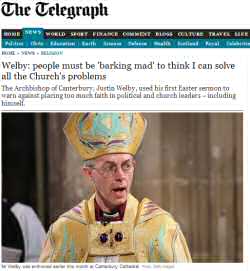 Press freedom vs regulation
Press freedom vs regulation
There is perhaps little doubt that the issues Leveson attempted to address in his report, published in 2012,1 are extremely difficult. There are some fundamental clashes of values, e.g. between freedom of the press and individual human rights, which are compounded by other factors, such as the rising tides of the internet and alternative forms of publishing.
The issues are of fundamental importance to all of us, even those who are not involved in public life or journalism. As C.G. Jung once pointed out, “politicians and journalists [can] unwittingly let loose psychic epidemics on the world” (Jung 1929, p. 37). Although such power/responsibility is now more widely shared, through globalisation and social media, the manner in which Leveson’s findings are being pursued may ultimately have a big impact on our social and cultural well-being and cohesion. However, from the perspective of analytical psychology, things are not heading in a good direction.



